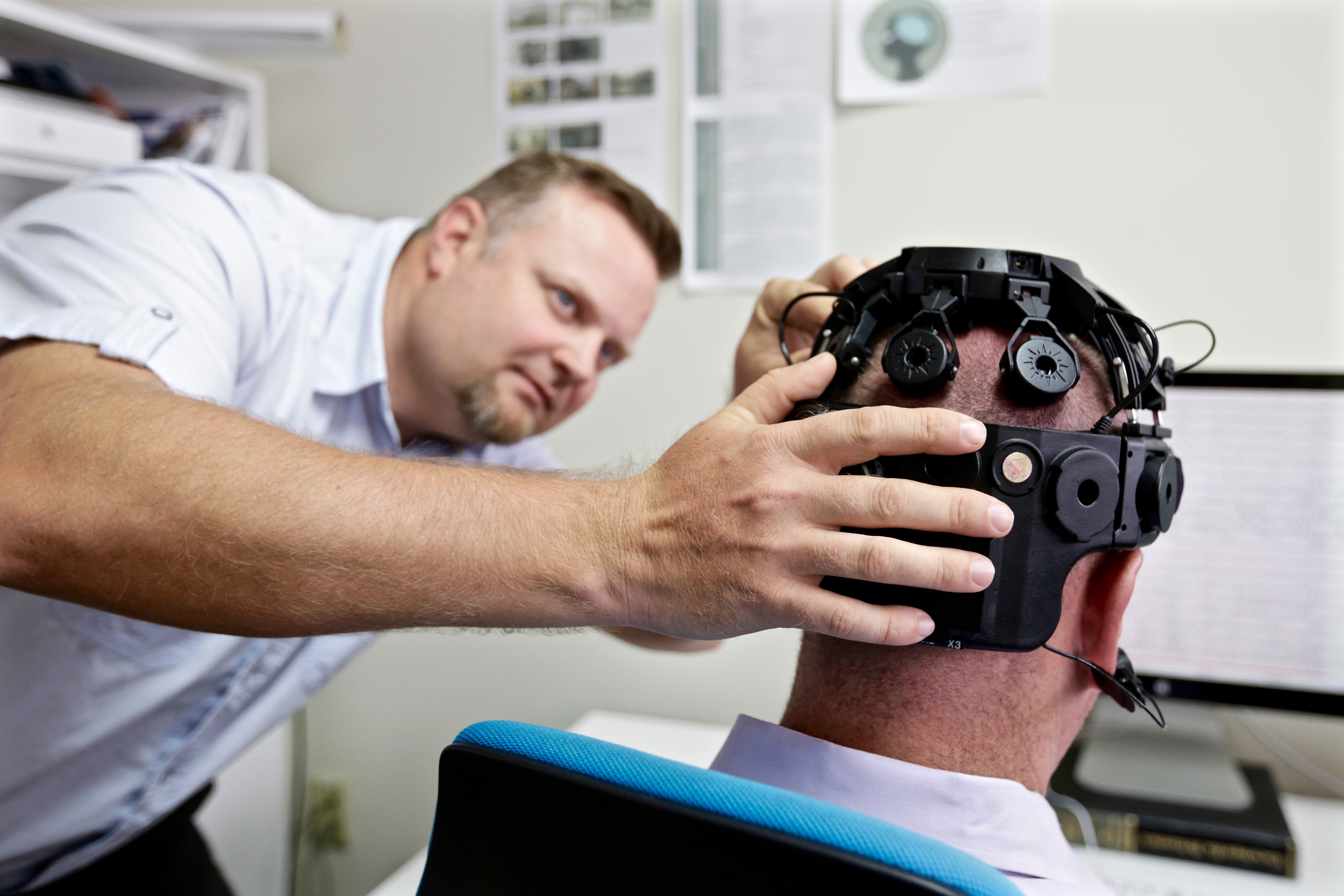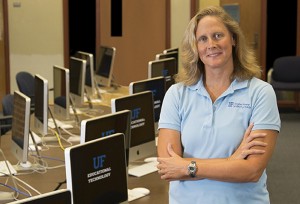labellebrittany
https://education.ufl.edu/news/files/2019/07/News-1-300x65.png
labellebrittany2018-10-24 13:50:162019-08-06 13:48:19SITE Program Awarded Innovation in Teacher Education by SRATE
labellebrittany
https://education.ufl.edu/news/files/2019/07/News-1-300x65.png
labellebrittany2018-06-07 20:47:122019-09-17 15:13:43Endowed professor raises the bar on teaching English language learners
labellebrittany
https://education.ufl.edu/news/files/2019/07/News-1-300x65.png
labellebrittany2018-06-05 10:00:312019-08-06 13:52:32IIHS-HLDI collaborates with UF College of Education on new educational website for science teachers and students
https://education.ufl.edu/news/files/2019/07/News-1-300x65.png
0
0
labellebrittany
https://education.ufl.edu/news/files/2019/07/News-1-300x65.png
labellebrittany2018-05-25 13:27:472019-08-06 13:53:53UF is feeder to leadership posts for LGBT counselor groups
https://education.ufl.edu/news/files/2019/07/News-1-300x65.png
0
0
labellebrittany
https://education.ufl.edu/news/files/2019/07/News-1-300x65.png
labellebrittany2018-05-24 19:44:592019-08-06 13:54:07Gov. Scott appoints UF Higher Ed doctoral student
https://education.ufl.edu/news/files/2019/07/News-1-300x65.png
0
0
labellebrittany
https://education.ufl.edu/news/files/2019/07/News-1-300x65.png
labellebrittany2018-05-10 17:22:132019-08-06 13:54:48EduGators awarded editor posts at national journals
labellebrittany
https://education.ufl.edu/news/files/2019/07/News-1-300x65.png
labellebrittany2018-05-09 15:38:242019-09-17 15:13:53Higher Ed assistant professor gets UF excellence award
labellebrittany
https://education.ufl.edu/news/files/2019/07/News-1-300x65.png
labellebrittany2018-04-13 19:14:272019-09-17 15:13:58Acclaimed study adds new dimension to college chemistry instruction
labellebrittany
https://education.ufl.edu/news/files/2019/07/News-1-300x65.png
labellebrittany2018-04-12 21:00:582019-08-06 13:58:31AERA honors UF Special Ed professor for impactful research
labellebrittany
https://education.ufl.edu/news/files/2019/07/News-1-300x65.png
labellebrittany2018-03-20 00:01:192020-03-03 11:09:16UF College of Education jumps five spots in national rankings; still No. 1 in Florida, and best in Southeast among publics
https://education.ufl.edu/news/files/2019/07/News-1-300x65.png
0
0
labellebrittany
https://education.ufl.edu/news/files/2019/07/News-1-300x65.png
labellebrittany2018-03-15 15:50:092019-08-06 14:00:09COE-STL host conference of education historians; outsiders welcome
https://education.ufl.edu/news/files/2018/02/patterson.jpg
400
600
labellebrittany
https://education.ufl.edu/news/files/2019/07/News-1-300x65.png
labellebrittany2018-02-26 12:30:322019-09-17 15:15:03Novelist's $3M gift could mean happy ending for struggling readers
https://education.ufl.edu/news/files/2019/07/News-1-300x65.png
0
0
labellebrittany
https://education.ufl.edu/news/files/2019/07/News-1-300x65.png
labellebrittany2018-02-09 00:01:272019-08-06 14:01:00UF scholar doubles up on national honors for advancing learning disabilities field
labellebrittany
https://education.ufl.edu/news/files/2019/07/News-1-300x65.png
labellebrittany2018-01-23 20:00:112019-08-06 14:01:31COE co-hosts Social Justice Summit
labellebrittany
https://education.ufl.edu/news/files/2019/07/News-1-300x65.png
labellebrittany2018-01-09 04:15:082020-01-07 12:57:50UF College of Education online programs ranked best in state, No. 2 in U.S.
https://education.ufl.edu/news/files/2019/07/News-1-300x65.png
0
0
labellebrittany
https://education.ufl.edu/news/files/2019/07/News-1-300x65.png
labellebrittany2017-12-19 13:30:222019-08-06 14:02:59Algebra Nation Aims To Incorporate Personalized Learning Features
labellebrittany
https://education.ufl.edu/news/files/2019/07/News-1-300x65.png
labellebrittany2017-12-01 16:48:192022-05-11 10:08:45States unite to boost teaching of students with disabilities
https://education.ufl.edu/news/files/2019/07/News-1-300x65.png
0
0
labellebrittany
https://education.ufl.edu/news/files/2019/07/News-1-300x65.png
labellebrittany2017-10-13 20:03:342019-11-08 12:18:05Novelist's $3M gift for literacy initiatives kick-starts college's capital campaign
https://education.ufl.edu/news/files/2019/07/News-1-300x65.png
0
0
https://education.ufl.edu/news/files/2019/07/News-1-300x65.png
2017-08-23 13:35:502019-07-12 11:54:50Norman Hall renovations project jumps on fast track
katelynvogt
https://education.ufl.edu/news/files/2019/07/News-1-300x65.png
katelynvogt2017-06-09 19:04:412019-09-16 16:10:27Counselor Ed. professor doubles up on national laurels
https://education.ufl.edu/news/files/2019/07/News-1-300x65.png
2017-06-08 19:04:172019-08-06 14:11:10Learning disabilities group honors UF Special Ed grad
labellebrittany
https://education.ufl.edu/news/files/2019/07/News-1-300x65.png
labellebrittany2017-06-05 14:57:052019-08-06 14:11:53World’s largest education research group honors UF grad school dean
labellebrittany
https://education.ufl.edu/news/files/2019/07/News-1-300x65.png
labellebrittany2017-05-31 14:46:242019-08-06 14:12:19High Demand Mentor: Buffy Bondy
labellebrittany
https://education.ufl.edu/news/files/2019/07/News-1-300x65.png
labellebrittany2017-05-30 14:40:212019-08-06 14:12:28UF hosting leadership summit for Florida educators June 13-16
labellebrittany
https://education.ufl.edu/news/files/2019/07/News-1-300x65.png
labellebrittany2017-05-24 14:32:032019-08-06 14:14:10Special Education Scholar Receives Excellence Award
https://education.ufl.edu/news/files/2019/07/News-1-300x65.png
0
0
labellebrittany
https://education.ufl.edu/news/files/2019/07/News-1-300x65.png
labellebrittany2017-05-24 14:29:002019-08-06 14:13:00April showers research laurels on Ed Tech PhD students
https://education.ufl.edu/news/files/2019/07/News-1-300x65.png
0
0
labellebrittany
https://education.ufl.edu/news/files/2019/07/News-1-300x65.png
labellebrittany2017-05-10 14:10:392019-08-06 14:13:47Can a 'nudge' prompt ex-students to re-enroll to earn a college degree?
labellebrittany
https://education.ufl.edu/news/files/2019/07/News-1-300x65.png
labellebrittany2017-05-08 13:57:562019-08-06 14:13:58UF Higher Ed. scholar named fellow to office charged with improving U.S. public service
labellebrittany
https://education.ufl.edu/news/files/2019/07/News-1-300x65.png
labellebrittany2017-05-03 13:49:502019-08-06 14:11:01Education Scholar Newest Member of Elite Group of UF Professors
labellebrittany
https://education.ufl.edu/news/files/2019/07/News-1-300x65.png
labellebrittany2017-05-01 13:34:582019-08-06 14:09:20How does stress affect middle schoolers with emotional and behavioral problems?
labellebrittany
https://education.ufl.edu/news/files/2019/07/News-1-300x65.png
labellebrittany2017-04-26 13:27:102019-08-06 14:08:56COE makes its mark at nation's largest gathering of education researchers
https://education.ufl.edu/news/files/2019/07/News-1-300x65.png
0
0
labellebrittany
https://education.ufl.edu/news/files/2019/07/News-1-300x65.png
labellebrittany2017-03-23 15:39:532019-08-06 14:05:47Counselor Ed Scholars Win Intl. Awards for Research, Practice and Communications
labellebrittany
https://education.ufl.edu/news/files/2019/07/News-1-300x65.png
labellebrittany2017-03-23 14:22:182019-08-06 14:05:10Hundreds Gather at UF’s International Conference on ‘Teacher Leaders’
https://education.ufl.edu/news/files/2019/07/News-1-300x65.png
0
0
labellebrittany
https://education.ufl.edu/news/files/2019/07/News-1-300x65.png
labellebrittany2017-03-23 12:38:482019-08-06 14:04:41Five Questions for EduGator Larry Feldman, Board Chair of Miami-Dade Public Schools
labellebrittany
https://education.ufl.edu/news/files/2019/07/News-1-300x65.png
labellebrittany2017-03-23 12:28:112019-08-06 14:04:06UF Grad's Newest Leadership Role: Chair of Florida’s Largest School District
labellebrittany
https://education.ufl.edu/news/files/2019/07/News-1-300x65.png
labellebrittany2017-03-22 13:56:542019-08-06 14:03:40UF, COE, state mourn loss of 'rising star' alumnus Brian Dassler
https://education.ufl.edu/news/files/2019/07/News-1-300x65.png
0
0
labellebrittany
https://education.ufl.edu/news/files/2019/07/News-1-300x65.png
labellebrittany2017-03-17 13:51:322019-08-06 14:02:46Florida Trend: UF grad schools rank high among nation's top programs
https://education.ufl.edu/news/files/2019/07/News-1-300x65.png
0
0
labellebrittany
https://education.ufl.edu/news/files/2019/07/News-1-300x65.png
labellebrittany2017-03-14 13:44:502020-03-09 10:53:05College again earns top rankings from US News
labellebrittany
https://education.ufl.edu/news/files/2019/07/News-1-300x65.png
labellebrittany2017-03-08 13:33:432019-08-06 14:00:24Higher Ed. institute honors 10 outstanding alumni
labellebrittany
https://education.ufl.edu/news/files/2019/07/News-1-300x65.png
labellebrittany2017-02-09 14:32:242019-08-06 13:56:09UF Grads Dominate School District Teacher of the Year Awards
labellebrittany
https://education.ufl.edu/news/files/2019/07/News-1-300x65.png
labellebrittany2017-02-01 14:05:402019-09-17 15:17:52PK Yonge School's Tony-winning musical tackles social justice issues with 1920s tunes, laughter
https://education.ufl.edu/news/files/2019/07/News-1-300x65.png
0
0
labellebrittany
https://education.ufl.edu/news/files/2019/07/News-1-300x65.png
labellebrittany2017-01-26 14:03:052019-08-06 13:52:13UF College of Education Ranked Among Best Programs for Veterans Nationwide
https://education.ufl.edu/news/files/2019/07/News-1-300x65.png
0
0
labellebrittany
https://education.ufl.edu/news/files/2019/07/News-1-300x65.png
labellebrittany2017-01-24 14:01:322019-08-06 13:51:51International Teacher Leadership Conference set for March 2-3
https://education.ufl.edu/news/files/2019/07/News-1-300x65.png
0
0
labellebrittany
https://education.ufl.edu/news/files/2019/07/News-1-300x65.png
labellebrittany2017-01-18 14:00:042019-08-06 13:51:03UF College of Education Garners Another Top 10 Ranking
https://education.ufl.edu/news/files/2019/07/News-1-300x65.png
0
0
labellebrittany
https://education.ufl.edu/news/files/2019/07/News-1-300x65.png
labellebrittany2017-01-09 13:45:242019-08-06 13:37:49COE repeats No. 1 ranking in US for online graduate degrees
https://education.ufl.edu/news/files/2019/07/News-1-300x65.png
0
0
https://education.ufl.edu/news/files/2019/07/News-1-300x65.png
2017-01-09 11:59:052019-08-06 13:30:11COE repeats No. 1 ranking in US for online graduate degrees
https://education.ufl.edu/news/files/2019/07/News-1-300x65.png
0
0
https://education.ufl.edu/news/files/2019/07/News-1-300x65.png
2016-12-14 11:15:552016-12-14 12:07:44COE scholar: Students with disabilities more involved in bullying over time
https://education.ufl.edu/news/files/2019/07/News-1-300x65.png
0
0
https://education.ufl.edu/news/files/2019/07/News-1-300x65.png
2016-12-14 10:41:412016-12-14 14:45:40UF teams with education tech firm to develop leadership program for Colorado educators
https://education.ufl.edu/news/files/2019/07/News-1-300x65.png
0
0
https://education.ufl.edu/news/files/2019/07/News-1-300x65.png
2016-12-08 16:18:162016-12-09 13:13:48Giving Reading a Boost
https://education.ufl.edu/news/files/2019/07/News-1-300x65.png
0
0
https://education.ufl.edu/news/files/2019/07/News-1-300x65.png
2016-12-01 12:07:062016-12-01 12:39:04Learning Gains from our Brains
Scroll to top

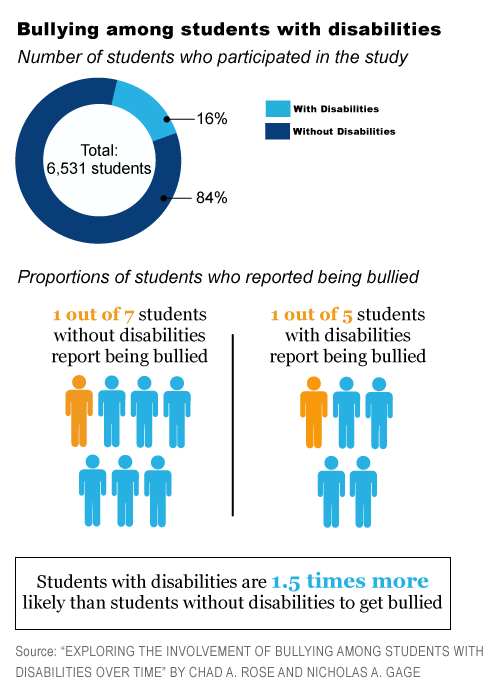
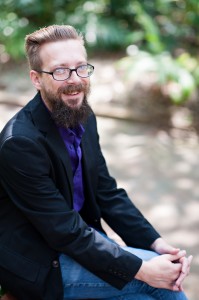
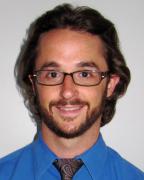
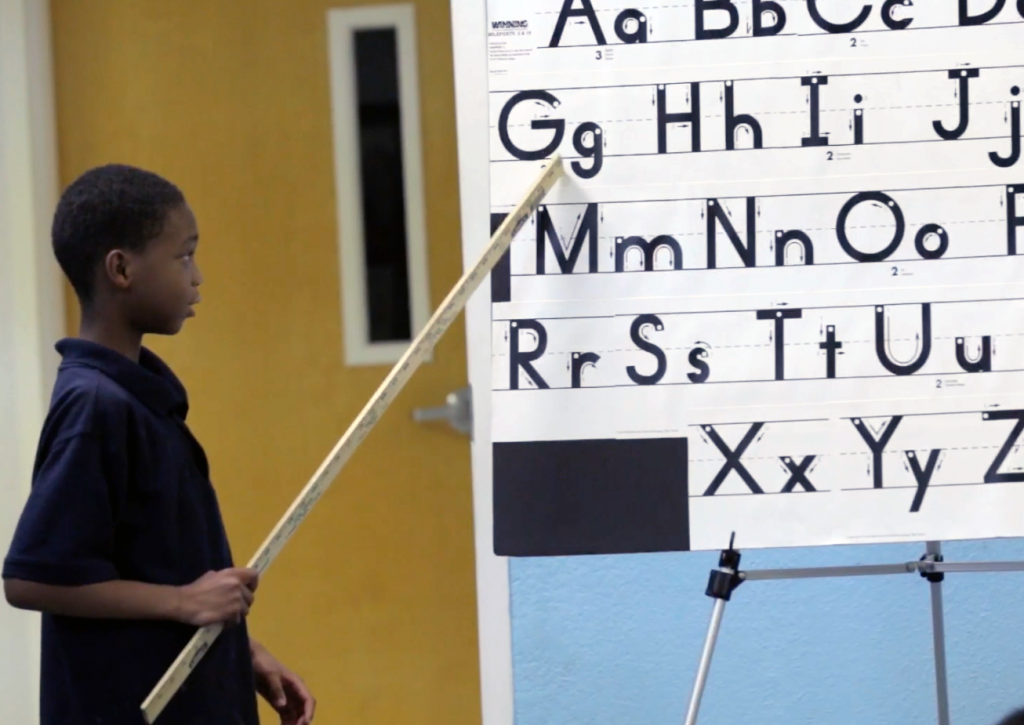
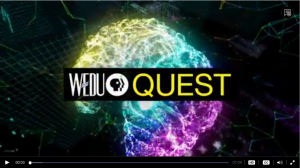 See a segment
See a segment